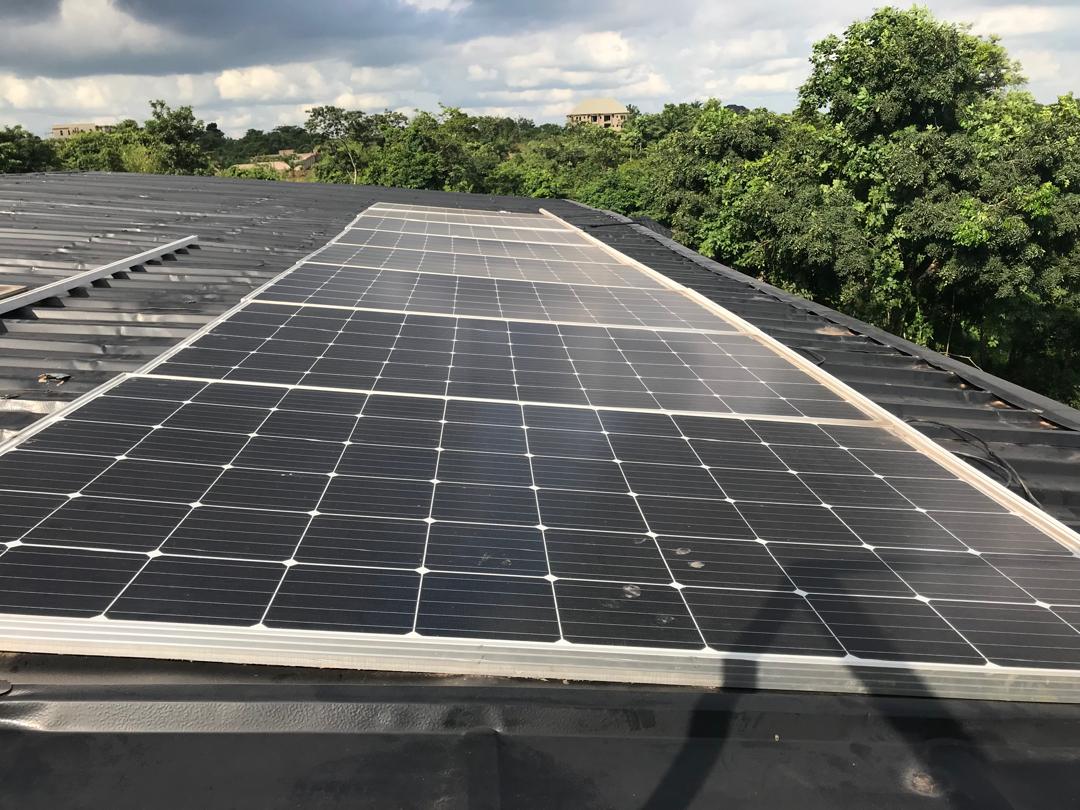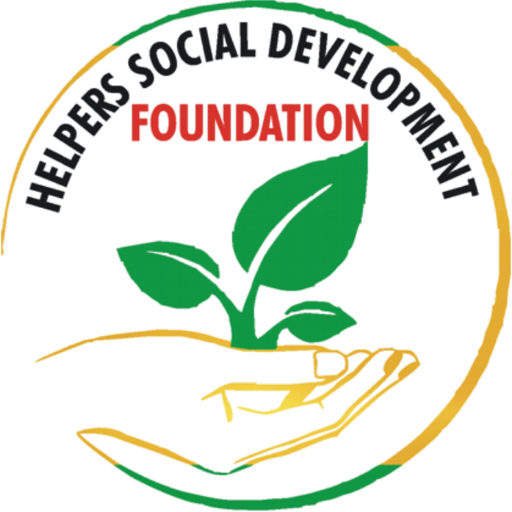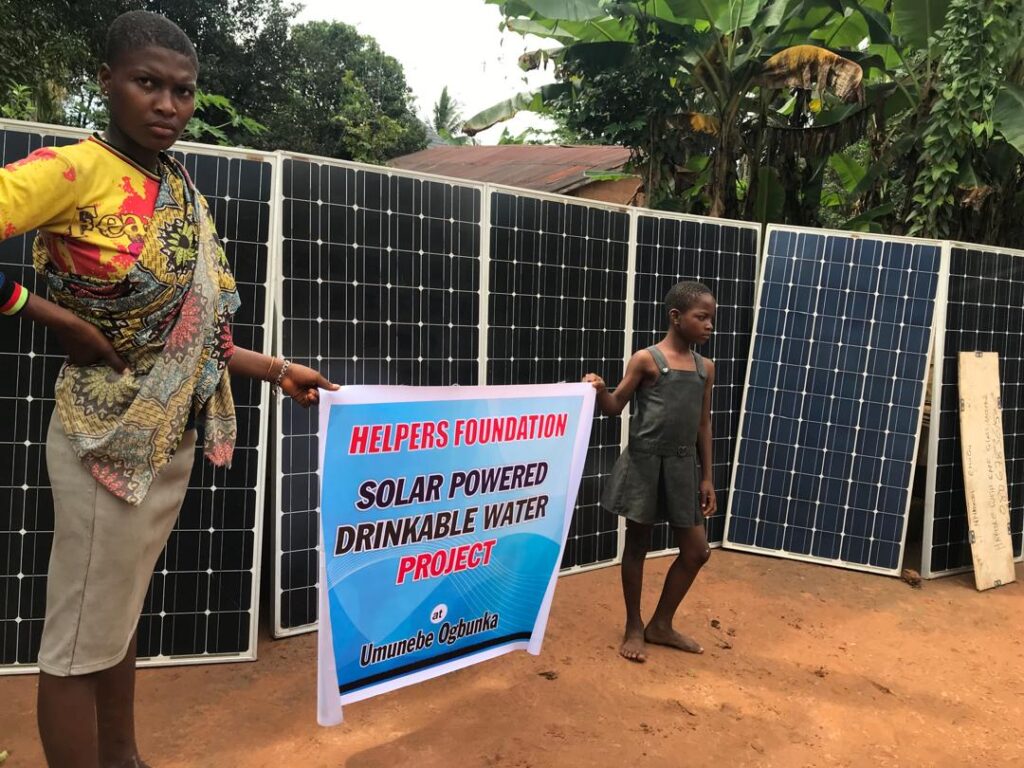The importance of a community clean water project cannot be overstated, as it directly impacts the health, economy, and overall well-being of the people it serves. Highlights the critical need for access to clean water, particularly in rural areas. Clean water is essential for sustaining life and maintaining the health of individuals and communities. However, in places like Ogbunka and other rural areas in Nigeria, the lack of clean water exposes people to unhygienic conditions and waterborne diseases like diarrhea and cholera.
Despite Nigeria receiving an average annual rainfall of 1,150 mm (World Bank, 2020), it is still considered a water-scarce country. This scarcity disproportionately affects rural populations who have historically relied on natural water sources such as streams, lakes, springs, wells, and rivers. Unfortunately, these sources are often contaminated and come with risks, such as exposure to harmful bacteria and parasites, open defecation near water bodies, and dangers posed by wildlife like snakes. These unsanitary water conditions result in a high incidence of waterborne diseases, threatening the well-being of the population. Worldbank report that 60 million Nigerians without access to basic drinking water and 80 million people without improved sanitation facilities
 Statistically, 44% of Nigeria’s population (approximately 90 million people) lacks access to clean and safe drinking water (WHO/UNICEF, 2020). This problem is further compounded by the fact that 70% of surface water sources are contaminated with pollutants, including bacteria, viruses, and parasites, making clean water access even more difficult for the population.
Statistically, 44% of Nigeria’s population (approximately 90 million people) lacks access to clean and safe drinking water (WHO/UNICEF, 2020). This problem is further compounded by the fact that 70% of surface water sources are contaminated with pollutants, including bacteria, viruses, and parasites, making clean water access even more difficult for the population.
The implementation of clean water initiatives, such as the Helpers Social Development Foundation’s project in Umunebo Ogbunka, can have transformative effects on health and sanitation in communities like Ogbunka. By reducing dependence on unsafe water sources, such projects prevent water-related illnesses and improve overall community well-being.
The Helpers Social Development Foundation’s community-based solar-powered clean water project in Ogbunka is a remarkable initiative that addresses the urgent need for access to clean, safe water in rural communities like Umunobe Village. With 70% of surface water sources in Nigeria contaminated by pollutants such as bacteria, viruses, and parasites (WHO/UNICEF, 2020), projects like this are crucial for ensuring public health and preventing waterborne diseases.
The project, initiated by Helpers Social Development Foundation (HSDF), brings tremendous benefits to the community, providing a reliable and safe water source, which reduces the risks associated with relying on contaminated streams and rivers. Clean water is vital for health, nutrition, and economic development and its availability will reduce the dangers faced by children fetching unsafe water, improve sanitation, and enhance overall community well-being.
Clean water is indeed a fundamental need, and this initiative’s contribution to Umunobe Village will have lasting positive impacts, supporting not only health but also growth and sustainability. As the saying goes, “WATER IS LIFE,” and this project exemplifies the significance of this essential resource.
Give to fund clean water project
Why Clean Water Is A Necessity For Every Household in Nigeria:
- Health Benefits
- Prevents Waterborne Diseases: Clean water is vital in preventing diseases like diarrhea, cholera, typhoid, and dysentery in Nigeria, which are common in areas without access to safe water. Contaminated water is a leading cause of illness and death, especially among children in Nigeria.
- Clean Water Project Improves General Hygiene: Access to clean water allows for proper sanitation practices such as handwashing, bathing, and cleaning. This helps prevent the spread of infectious diseases.
- Clean Water Enhances Child Development
- Reduces Mortality: Many children in Nigeria die from water-related illnesses due to drinking unsafe water. Clean water can drastically reduce child mortality rates in Nigeria.
- Supports Education: Children, especially girls, often skip school to fetch water. If clean water is available in every household in Nigeria, children can focus on education rather than water collection, improving literacy and development.
- Economic Benefits of Clean water project for community
- Boosts Productivity: Time spent fetching water, which can take hours in rural areas, reduces the time available for productive activities. Access to clean water at home allows families to focus on work, education, and economic activities, enhancing overall productivity.
- Reduces Healthcare Costs: With fewer illnesses caused by dirty water, households will spend less on medical expenses, allowing families to allocate resources to other needs.
- Environmental Sustainability of clean water in initiative
- Saves Water Sources: When households rely on untreated water from streams or rivers, they contribute to the overuse and contamination of natural water sources. Clean water technologies, like Helpers Foundation solar-powered projects or boreholes, promote better water management and conservation.
- Clean water Supports Gender Equality
- Empowers Women and Girls: In many Nigerian households, the burden of fetching water falls on women and girls. By providing clean water to every household in Nigeria, it reduces this labor-intensive task, allowing them to pursue education, work, and other opportunities, fostering gender equality.
- Improves Nutritional Outcomes
- Safe Food Preparation: Clean water is essential for cooking and food preparation. Contaminated water can compromise food safety, leading to poor nutrition and food borne illnesses. Access to clean water ensures that meals are prepared hygienically, contributing to better nutrition and health.
- Clean Water Supports National Development in Nigeria
- Improves Public Health: When clean water is available in every public health in Nigeria, the overall public health of the population improves. A healthier population means a stronger, more productive workforce, which drives national economic growth and development in Nigeria.
- Human Right and Dignity
- Basic Human Right: Access to clean and safe drinking water is a basic human right recognized globally. Ensuring every household in Nigeria has clean water upholds this right and promotes dignity and equality for all citizens in Nigeria.
9. Saves Time and Effort
- Reduces Time Spent Fetching Water: In many rural communities, people, especially women and children, spend hours each day walking to distant water sources. A community clean water project ensures water is available locally, saving time and energy that can be redirected toward education, work, and other productive activities.
- Increases Productivity: With easy access to clean water, people can dedicate more time to farming, business, and education, which helps boost community economic productivity.
- Supports Education
- Clean Water Keeps Children in School: In many communities in Nigeria, children, particularly girls, often miss school to fetch water. Helpers Foundation solar powered community water project will reduces this burden, allowing them to attend school regularly and focus on their education.
In summary, access to clean water and sanitation project in Nigeria is not just about quenching thirst; it’s about improving health, enhancing education, promoting economic growth, empowering women, and fostering national development. Every household in Nigeria must have access to clean water to build a healthier, more prosperous, and equitable society.
Contact Helpers Foundation

